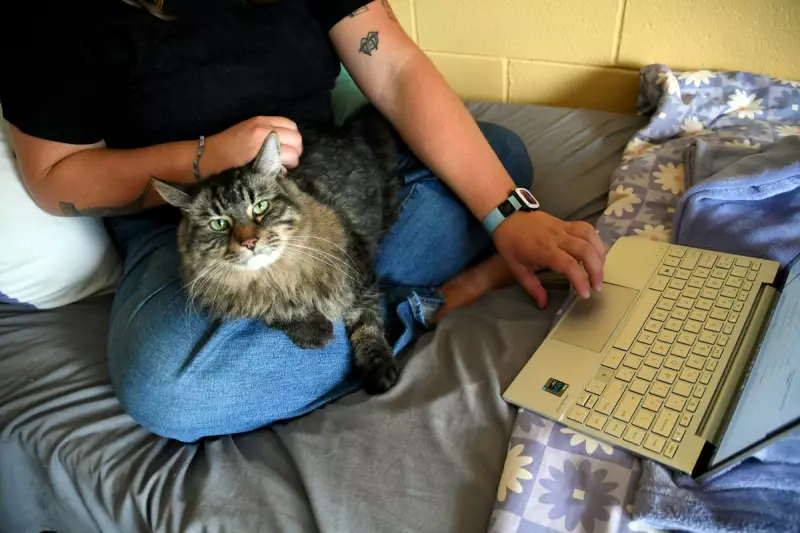
A contentious new bill is poised to reshape Florida's cultural landscape, directly challenging the state's officially designated 'Free State of Florida' status. The Florida legislature has passed Senate Bill 1438, a piece of legislation that imposes severe restrictions on drag performances in public venues.
The bill, which now awaits the expected signature of Republican Governor Ron DeSantis, prohibits children from attending 'adult live performances'. While not explicitly naming drag shows, the legislation's language is widely interpreted to target these events directly.
What The Bill Actually Says
The legislation defines these restricted performances as shows that depict or simulate nudity, sexual conduct, or other specific sexual activities. Furthermore, it bars venues from admitting minors to any performance that could be considered 'harmful to minors' under existing state law.
Establishments found violating these new rules face devastating consequences. They risk losing their business and alcohol licenses, effectively shutting down operations completely.
A Political Firestorm Erupts
Democratic lawmakers and civil rights groups have condemned the bill as a blatant attack on First Amendment rights and the LGBTQ+ community. State Representative Fentrice Driskell delivered a powerful rebuke on the House floor, stating the bill 'does not protect children' but instead 'weaponizes the government against a group of people you find different'.
Proponents, largely Republican, argue the measure is essential for protecting children from sexually explicit content. This legislative move is seen as part of a broader conservative agenda in Florida, which has recently included the so-called 'Don't Say Gay' law limiting LGBTQ+ discussions in schools.
The Irony of the 'Free State'
The timing of this bill creates a stark irony. Just last year, Governor DeSantis officially designated Florida as 'The Free State of Florida', a move intended to promote the state's approach to the COVID-19 pandemic. Critics now argue that this new legislation fundamentally contradicts that very ideal, imposing government restrictions on artistic expression and targeting a specific community.
As the bill heads to the governor's desk, Florida finds itself at the centre of a national debate, grappling with the complex intersection of free speech, child protection, and cultural expression.





